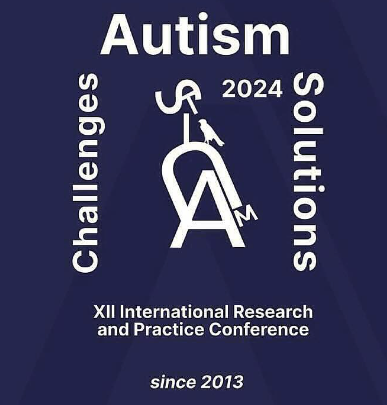Diet change and microglia ablation of MeCP2e1 deficient mice affect the Rett-like disease symptoms in a sex-dependent manner.
Published 2024-07-05
Keywords
- ASD,
- Autism,
- MeCP2e1,
- Rett syndrome (RTT)
How to Cite
Abstract
Rett syndrome (RTT) is a complex neurodevelopmental disorder that occurs in 1 in 10,000 births. Approximately 95% of RTT patients are females heterozygous for the X-linked gene methyl CpG binding protein 2 (MECP2) mutations. They are thus mosaic for wild-type and mutant MECP2 expression at a cellular level. RTT has symptoms similar to autism spectrum disorder (ASD) and is usually confirmed with genetic testing following an ASD diagnosis. Typical brain development requires MECP2-encoded MeCP2e1. Analysis of our MeCP2e1 deficient mouse model suggests that microglia contribute to RTT-like gait defects, gut microbiome, and metabolic changes, as activated microglia have been shown to accelerate disease progression. Thus, we hypothesized that pre-symptomatic pharmacologic ablation of microglia would ameliorate RTT-like phenotypes in MeCP2e1 mutant mice. Therefore, PLX3397 a CSF1R/c-kit inhibitor dissolved in a purified AIN-76A chow at 290 PPM was orally administered to wild-type and mutant mice, either acutely for 2 weeks (from 4-6 weeks of age) or chronically for 19 weeks (from 4-23 weeks of age) to ablate microglia in their brains and compared to vehicle controls. Untreated mice on the standard mouse diet were also compared to the vehicle control. The wild-type and Mecp2e1 mutant littermates were weekly weighed and scored for neuro-phenotypes. Gait, fecal cytokines, fecal short-chain fatty acids, and gut microbial composition were assessed in all mice before, during, and after disease onset. Surprisingly, neither acute nor chronic PLX3397 treatment significantly reduced neuro-phenotype scores in either mutant females or mutant male mice. Instead, chronic PLX3397 treatment significantly elevated disease severity in mutant females compared to mutant vehicle controls. However, chronic PLX3397 treatment significantly reduced weight gain over time in wild-type and mutant males compared to male vehicle controls but not in wild-type or mutant females compared to female vehicle controls. Interestingly, the use of Envigo AIN-76A chow reduced disease severity overall in mutant female and mutant male mice compared to a previous study where wild-type and male and female mice were fed PicoLab mouse diet, and this is possibly due to differences in lipid composition between the standard and the purified diets. Neither gait, stride length, nor organ weight were significantly altered by acute or chronic PLX3397 treatment in mutant females or mutant males. Although targeting microglia with PLX3397 did not reduce disease severity as expected in mutant female or mutant male mice, the results of this study, together with our prior investigations of lipid deficiencies, suggest a potentially novel dietary intervention for the treatment of ASD.

